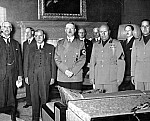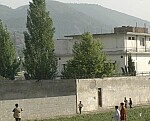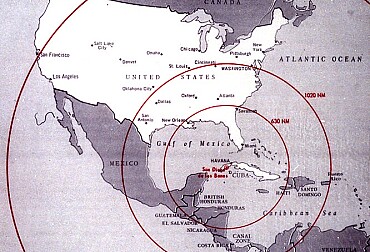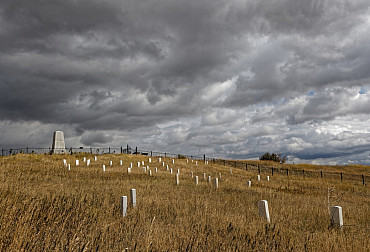July 28th 1914: The day World War I started - The spark that ignited a global conflict
On July 28, 1914, the world witnessed the onset of a conflict that would fundamentally reshape the geopolitical landscape: World War I. The assassination of Archduke Franz Ferdinand of Austria-Hungary in Sarajevo on June 28, 1914, set off a series of events that culminated in this global war. The intricate web of alliances, rising nationalism, and imperial ambitions turned a regional crisis into a full-scale world war.
The assassination of Archduke Franz Ferdinand
The assassination of Archduke Franz Ferdinand, the heir to the Austro-Hungarian throne, by Gavrilo Princip, a Bosnian Serb nationalist, was the immediate catalyst for the war. Princip was a member of the Black Hand, a secret society committed to ending Austro-Hungarian rule over the Slavic peoples of the Balkans. The assassination was intended to further this cause, but it inadvertently set off a chain reaction among the great powers of Europe.
The ultimatum and declaration of war
Following the assassination, Austria-Hungary, with the backing of Germany, issued an ultimatum to Serbia on July 23, 1914. The demands were severe, aiming to curb Serbian nationalism and eliminate anti-Austrian sentiments. Despite Serbia’s conciliatory response, which agreed to most of the demands, Austria-Hungary was not satisfied. On July 28, 1914, exactly one month after the assassination, Austria-Hungary declared war on Serbia, marking the beginning of World War I.
The domino effect
The declaration of war triggered a rapid escalation due to the complex system of alliances that existed among the European powers:
- Russia: Bound by Slavic ties and its own ambitions in the Balkans, Russia began to mobilize its forces in support of Serbia.
- Germany: As an ally of Austria-Hungary, Germany declared war on Russia on August 1, 1914, and on France on August 3, 1914, following France’s declaration of support for Russia.
- Belgium: Germany’s invasion of neutral Belgium on August 4, 1914, in accordance with the Schlieffen Plan, prompted Britain to declare war on Germany the same day due to treaties protecting Belgian neutrality.
- The Global Spread: Soon, other nations across the world were drawn into the conflict, with countries from Asia, Africa, and the Americas joining the fray over the following months and years.
The first shots and early battles
The early days of World War I saw a rapid movement of troops and the first engagements of what would become a prolonged and grueling conflict. The initial strategy, particularly by Germany, was based on the Schlieffen Plan, which aimed to quickly defeat France by advancing through Belgium before turning east to confront Russia. However, this plan faltered due to the unexpected resistance of Belgian forces and the quick mobilization of the British Expeditionary Force.
Theimpact on civilians and soldiers
The declaration of war and the ensuing mobilization had an immediate and profound impact on millions of lives. Young men from across Europe and beyond were called to arms, leaving their homes and families behind. Civilians faced the uncertainty of a conflict that would soon devastate vast swaths of the continent. The initial enthusiasm and patriotic fervor that greeted the war declaration would soon give way to the grim reality of trench warfare, mass casualties, and widespread destruction.
The global scale of the conflict
World War I, also known as the Great War, rapidly expanded beyond Europe. The colonies of the European powers were drawn into the conflict, providing troops, resources, and battlefields. The war also saw the involvement of nations from other continents, including Japan and the Ottoman Empire, further highlighting the truly global nature of the conflict.
The Legacy of July 28, 1914
The events of July 28, 1914, marked the beginning of a conflict that would last until November 11, 1918, resulting in unprecedented destruction and loss of life. World War I fundamentally altered the political and social fabric of the world. Empires collapsed, new nations emerged, and the stage was set for even greater upheaval with the eventual onset of World War II.
Reflecting on the start of World War I reminds us of the fragile nature of peace and the catastrophic consequences of international tensions and unchecked nationalism. The lessons of that fateful day remain relevant as the world continues to navigate the complexities of global politics and the quest for lasting peace.










